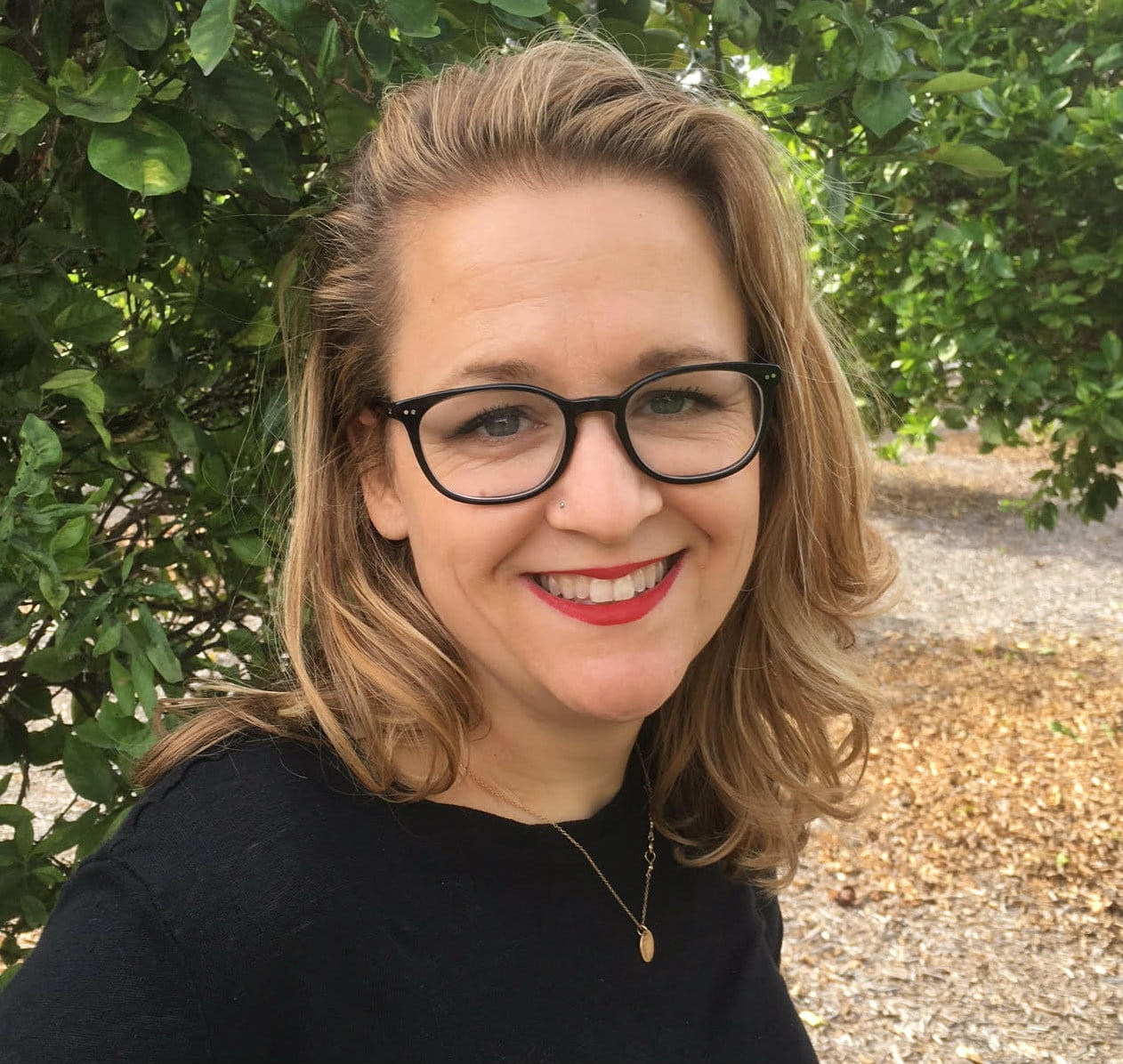
I lost my first baby. I remember walking home from the doctor when I got the news, my red coat tight around me in the wind. It was suddenly clear that this coat would fit just fine, that I could wrap it tightly around my middle because my womb would not be full. I pulled it tighter.
Mother’s Day can be a lonely and hard time for many women. You may have lost your mother, you may lament an absent mother in your life, you may desperately want to be pregnant and are infertile. Churches give out roses and do family photoshoots on Mother’s Day and you may find yourself ostracized and alone. As many cultures see women primarily as mothers, it’s hard when you don’t fit the mold. If Mother’s Day provides such pain, how do we find hope in the gospel even still?
1. God Uses the Language of Mothering
Many passages in scripture show the tenderness of God as a mother. As Lauren Winner writes in Wearing God, God borrows the image of laboring mother to describe his desire to birth his people (Isaiah 42:14). Elsewhere God is described as a comforting mother: “As a mother comforts her child, so I will comfort you; you shall be comforted…” (Isaiah 66:13). Jesus also uses the picture of a mother hen wanting to gather children under her wings (Matthew 23:37).
These metaphors are more than simple rhetorical flourishes to the biblical text. When we see the many ways God uses the language of tender maternal desire and care, we know that God will meet all the needs that our fathers and mothers failed to meet perfectly. We know that God’s tenderness sees our broken hearts, our scars, our fears.
We can have the courage to honestly cry out to God and know that even as we are heartbroken, angry, bitter, and numb, that God can take our emotions. He longs to gather us under his wings. He longs to comfort and birth us.
2. Pray for Your Own Spiritual Mothers
Mothering greatly extends beyond the nuclear family. I’ve had older women in church congregations pray for me, watch my children, and help instruct me in spiritual practices. We need more than one person to mother us.
Pray for spiritual mothers to mentor you, disciple you, keep you accountable, give you wisdom, and a helping hand. If God is like a mother hen who longs to comfort you, then he often will do that through his people, the church. Be brave and ask someone to help fulfill a mothering role in your life. You never know how that relationship could grow and be a gift to the other person on the other end of that relationship!
3. Find People to Mother
We can’t simply be takers in God’s kingdom; it is by giving that we find ourselves and indeed, find God. God always calls us to love God and love others. Be on the lookout for younger women in your church and your neighborhood who could use a bit of your time. It needn’t look like a formal mentoring relationship necessarily: you could even take a younger college student out for a cup of coffee and practice listening. You could offer to help out a mom in your neighborhood when she needs to go to the doctor. You could get a group of older women together to look for practical ways of investing in younger women. You could offer your passions, gifts, expertise and time to women who are desperate to be mothered and comforted.
Ultimately, know that God sees your sadness, anger, and confusion when Mother’s Day is hard. Know that on the cross Jesus takes all our shame, anger, and the sin of broken hearts and bodies. And one day, one day, we will be healed. Until that day, may we be brave enough to bring our emotions to God and may we seek out the mothers we need and the mothers we can be.
Image Credit: ©Thinkstock.com/Rawpixel-Ltd








